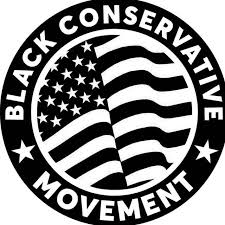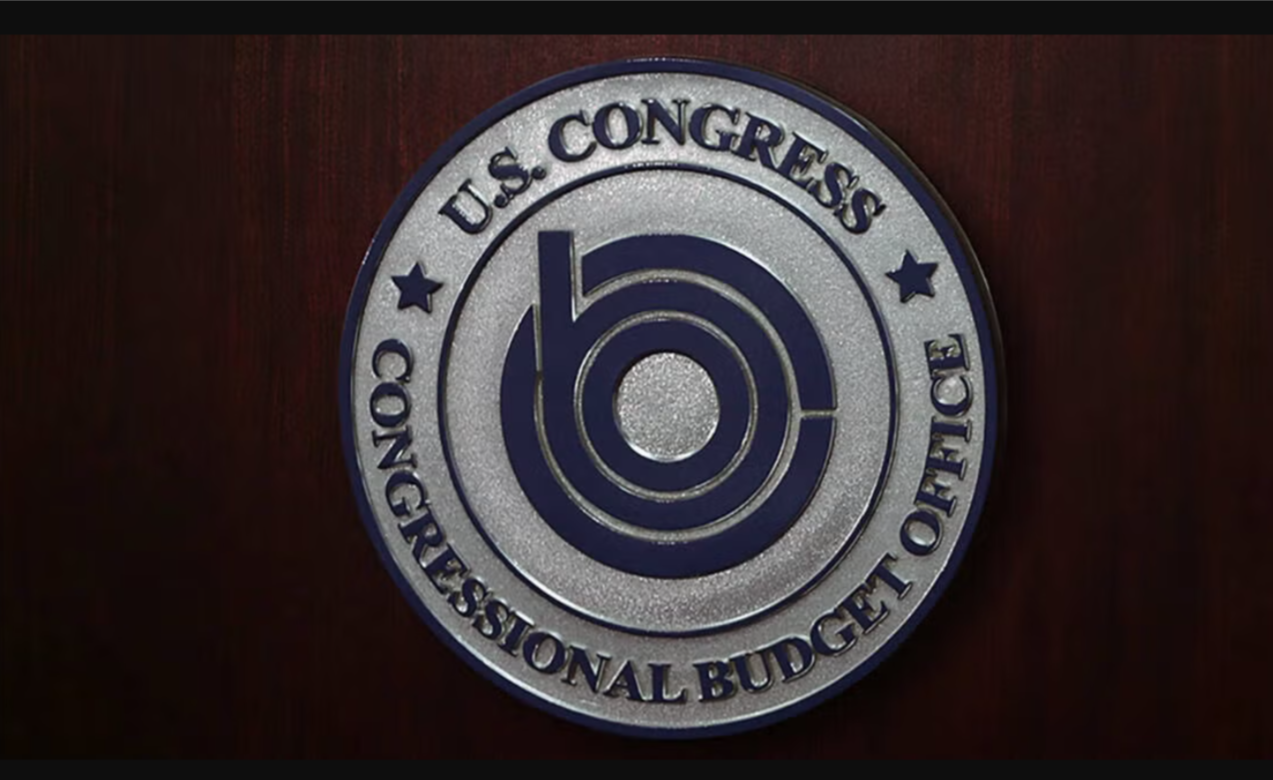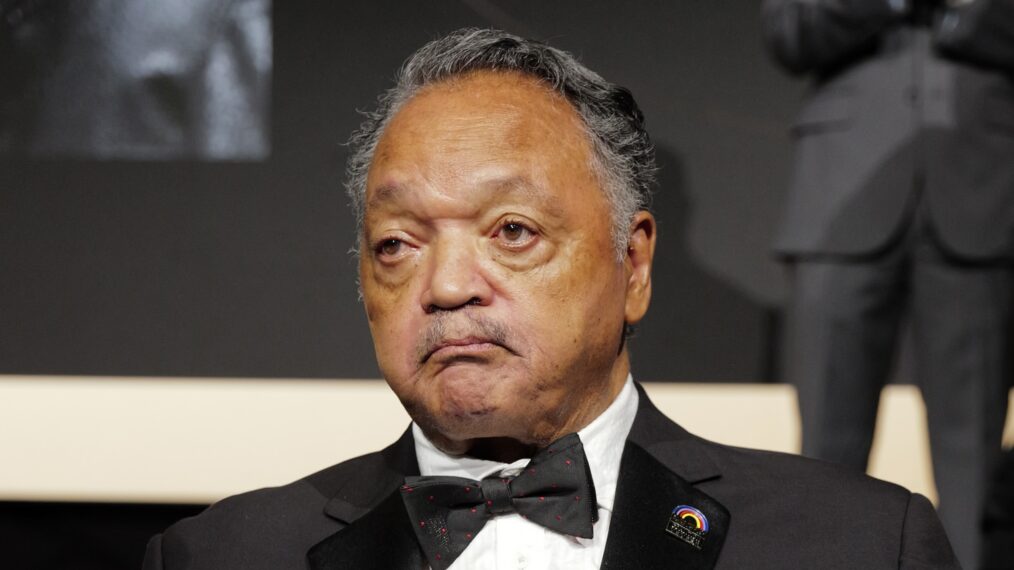(ThyBlackMan.com) As a member of the National Association of Black Journalist (NABJ); this writer is familiar with how “smiling faces” are selling harmful narratives, cosigning systemic oppression, and undermining Black unity for political gain.
We think of betrayals as coming from outside—the policies, the systems, the long list of things stacked against us. But what if it’s the Black people we turn to, to tell us what’s wrong that are doing it to us? What if it’s the Black people who look like us, who talk like us, who came from the same neighborhoods as us, are the ones we trust the most? That’s what we are faced with in this now. Black conservatives in our own neighborhoods are selling us out under the guise of “freedom” and “personal responsibility.”
They are using proximity, their closeness to our communities to make the case against us. They are using the trust we give them to push harmful, anti-Black talking points. They are using their presence in spaces like our churches, our schools, our online spaces, and our political campaigns to shift our narrative. Here are just a few.

- The Seales Spark: A National Wake Up Call
In a speed dating debate hosted by Jubilee, Amanda Seales sat with 20 Black conservatives and had to get into why they think the way they do— immigration, Black culture, and the existence of structural oppression in our societies. There was a part where Amanda said that she’s talking about the difference between Black immigrants and Black Americans, and she asks them to respect that difference—that it is not the same, period.
She also points out how the companies that make the media we consume decide what narrative they want to tell us and give it to us. It’s like a diet in a cafeteria. If they restrict what you eat, they restrict how you can operate. Her video—her takedown—shows us that while Black conservatives may be speaking our language, they are parroting the language of white conservatives.
- Policies That Quietly Undermine Our Communities
We are told the people need to take responsibility for their life choices. We are told the government is the enemy. We are told that it is up to the individual to change their circumstance. And they tell us that programs like Food Stamps, Medicaid, and the civil rights enforcement helped us. We are told that the government that gives us those programs is the enemy. And we hear them say these things as if they have just had an epiphany.
And we fall for it. And we call it “courage.”
- Puppets, Props, and Political Expediency
Often, Black conservatives are used as props to get us to do something. They are used as props by the larger machine. They are used as props to make us believe “Look! The conservatives aren’t so bad. They have a Black face on.” And we buy into it. They pretend that they are representing us, but they are actually doing the work of the larger machine. James Jones argues that they are creating a new fake version of America that non Blacks want to see.
- Respectability Politics: A Trap, Not a Strategy
Respectability politics folks say that if Black folks just “stay out of trouble, get a job, don’t have kids before marriage,” then success will come. Candace Owens is this way. Her tips are old fashioned ideas, like those of Booker T. Washington, but she puts her own poisonous twist on them. She acts like systemic racism is a thing of the past; if black folks just “behave,” it will go away.
- Dangerous Rhetoric That Divides Us
Some black conservatives say mean things about the most vulnerable people among us—blame the poor for their poverty or call civil rights leaders “poverty pimps.” This kind of rhetoric puts us in a box and is divisive to those of us trying to bridge gaps with others. It’s not critique; it’s violence.
- Context Matters: This Is Not New
This isn’t the first time a “Brutha” has been called names. People like Ward Connerly have been called “fraud” or “con man,” and puppets of white folks. Even in the 1970s, some fake Black leaders formed groups like the Black Student Movement Council, which were meant to quiet the threat of a real black movement. The act of putting a few black faces on the face of something harmful to black folks, and often to others, has been used many times before.
Our Local Reckoning: Why It Matters Here, Too
Our critique isn’t a far away one. If the folks around us are talking the same talk, then we have to call it.
- It weakens our power. It weakens our unity to argue that a systemic problem can be solved with “bootstraps.”
- It betrays our heritage. We didn’t build freedom with respectability; we built it with resistance.
- They inspire confusion. Naive trust in conservative frameworks misleads younger generations.
- They serve white supremacy. Their proximity to power often comes at the expense of our truth.
What Accountability Looks Like in Our Communities
- Start local, naming community figures and their statements. Let authenticity speak louder than abstraction.
- Contrast their messaging with Seales’s national rebuke—that instead of uplifting, she dismantled and exposed the core flaws in the Black conservative narrative.
- Challenge with facts: Use data and history to dismantle their false equivalencies—affirmative action’s benefits, government’s legacy, systemic racism’s realities.
- Highlight consequences: Show how their narratives impact voter behavior, social cohesion, youth identity.
- Offer paths forward: Encourage community-led dialogue, education, and real representation that doesn’t require pandering to white comfort.
Reclaiming the Narrative from Within
This isn’t a partisan issue—it’s a communal one. Our struggle has never been about aligning blindly with political parties. It has always been about liberation, dignity, and truth. Black conservatives who peddle lies and distortions are not challenging the status quo—they’re upholding it with a Black face. And that makes the deception all the more dangerous.
We must name this betrayal for what it is—not because we hate them, but because we love us. Love means truth. And the truth is, no movement for Black liberation has ever succeeded by ignoring systemic injustice, demonizing our own, or bowing to the approval of those who benefit from our oppression. We don’t need to imitate whiteness to be worthy. We do not want to earn respect by our acts. What we do require is unity built on truth – not flattery, not stories of bootstrap -raising, and not empty respectability.
Let this be a call to act: to set right the wrong words spoken in our areas, to speak the truth even if it is not popular, and to guard our shared future from those who would sell it for a place at someone else’s table. No more silence. Our story and our fight must be told by those who still have faith in fairness, not those who have bought it to be close to power.
Associate Editor; Stanley G. Buford
Feel free to connect with this brother via Twitter; Stanley G. and also facebook; http://www.facebook.com/sgbuford.
Also his email addy is; StanleyG@ThyBlackMan.com.
















Keep dreaming Trevo Craw one day you will wake up to the reality that you have been brainwashed!
I am an African American conservative and not a puppet. Your grandmother was like a conservative, at least when it came to real values and morals. The Democratic Party fought against civil rights, women’s rights and voter rights. They backed the Klan. You don’t know your history and I bet you still think Uncle Tom was a bad guy. I bet you call yourself black, but look at your hands. They are not black.Read the book.